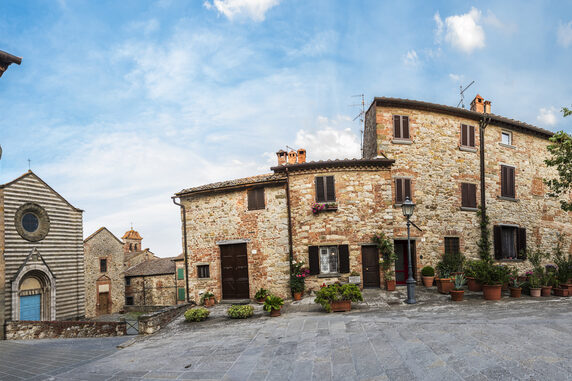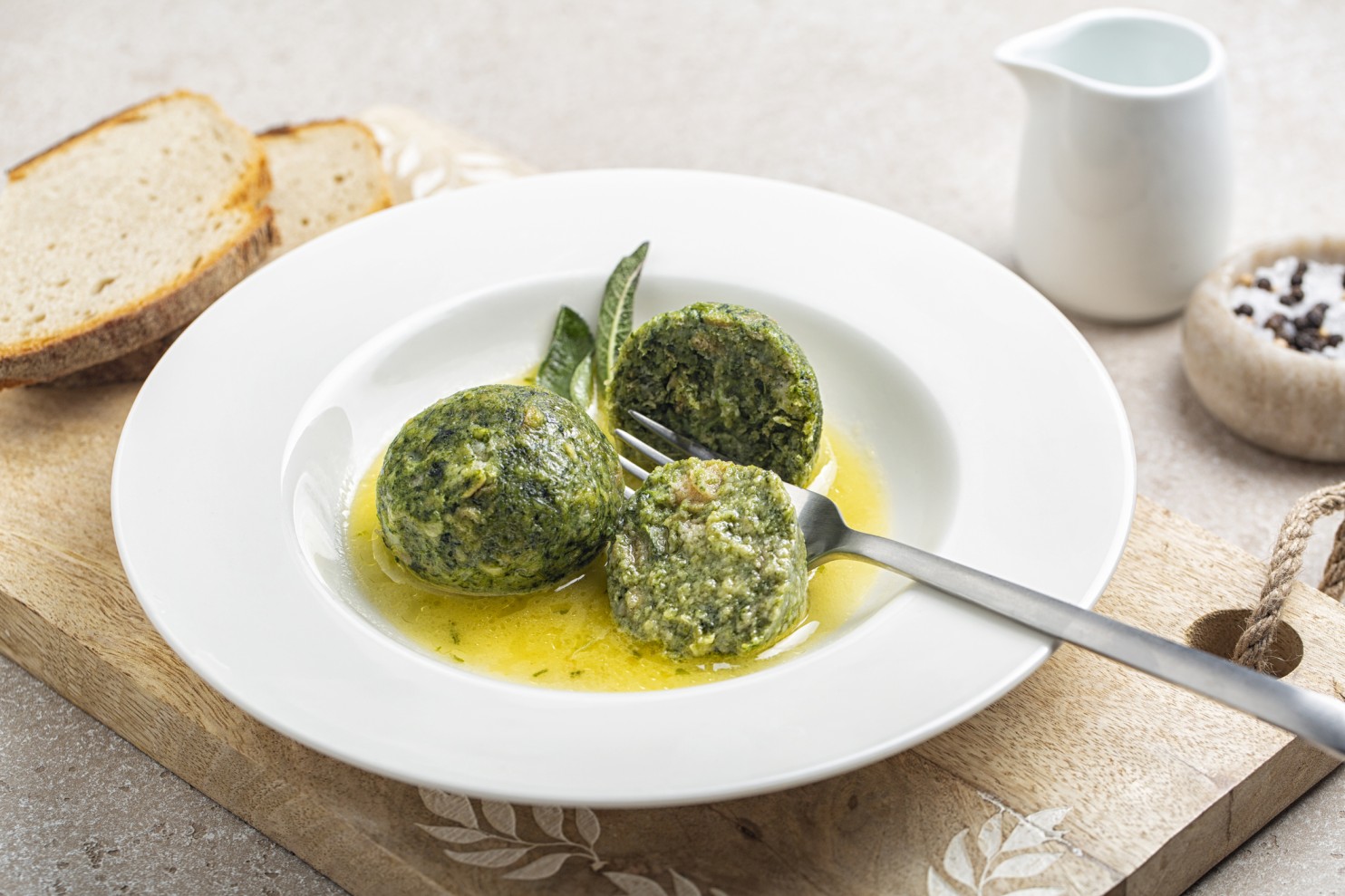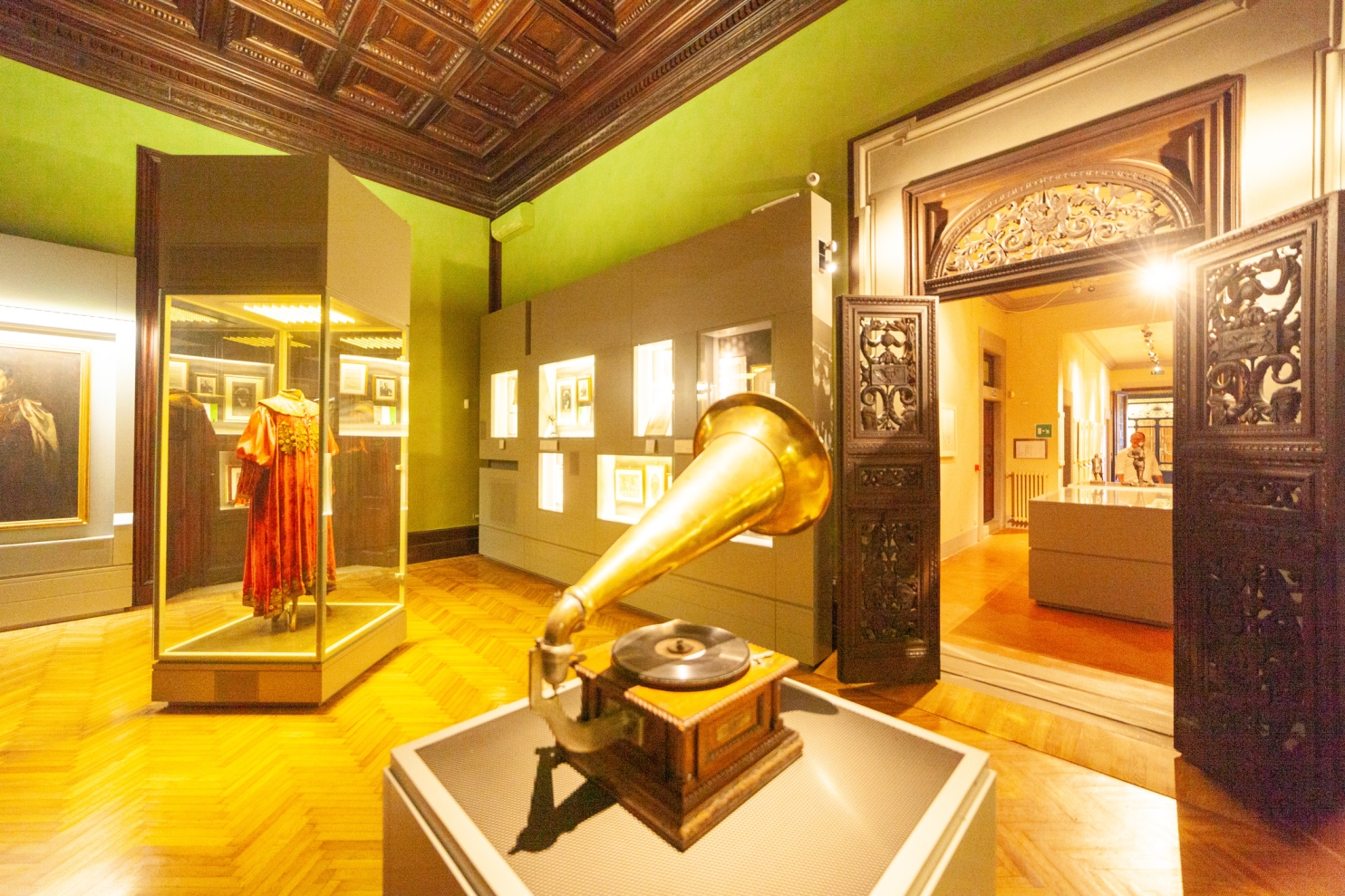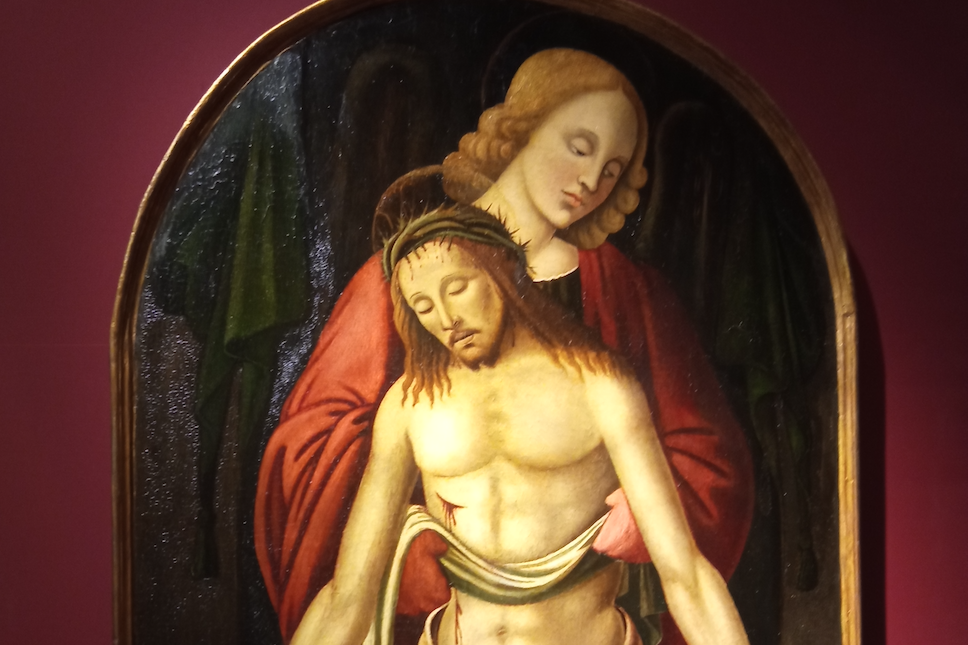“Parla come mangi!” (speak as you eat!) is a common way to invite someone to speak in a simple manner and without using too many words. But do Italians really speak as they eat? Considering that we love our food, and that when people dare criticizing it, they really hit our Achilles’heel, the answer is yes: the way Italians speak is very refined and it does reflect our way of eating: all but frugal!
The Italian language is rich of sophisticated, yet frequently used expressions, of which we often ignore the cultural origin.
Let’s start with the very popular “Achilles heel” that I have just used. This mythological expression, present also in other languages, hides a very special connection with Italy and echoes a very far past: the Trojans, rivals of the Achaeans in the Homeric poem the Iliad, led by Aeneas, reached Italy where they settled in.

Ancient mythology, especially Greek and Roman mythology, is an integral part of so many curious ways of saying (Copyright: Dreamstime)
Achilles, protagonist of the poem, embodies the ideal warrior: handsome, brave and proud. He is the son of a mortal man, Peleus, and of a marine goddess, Thetis. In the war against Troy (around 1250 BC and 1184 BC) he is the strongest warrior and his presence is decisive for the fate of the battle. However, his mother knew his fate was to die while fighting. So in order to protect him, she immersed him, as soon as he was born, in the waters of the Styx river. By doing so, she had made him invulnerable, but not in the heel she held him from. That’s why “Achilles heel” is the weak point par excellence.
The Italian language oozes with culture, especially Greek. Let’s analyze, for example, the common expression “è un’arpia” (he/she is an harpy), which means that a person is nasty. We all understand that, of course. But what is an harpy? And why do Italians use the word to indicate someone bad?
Greek mythology gives us the answer: harpies are “robbers,” monstrous creatures with the face of a woman and the body of a bird. According to the ancient Greeks they were responsible when something disappeared and were those who took away life, reason for which they used to be depicted on graves.
But it does not end there…
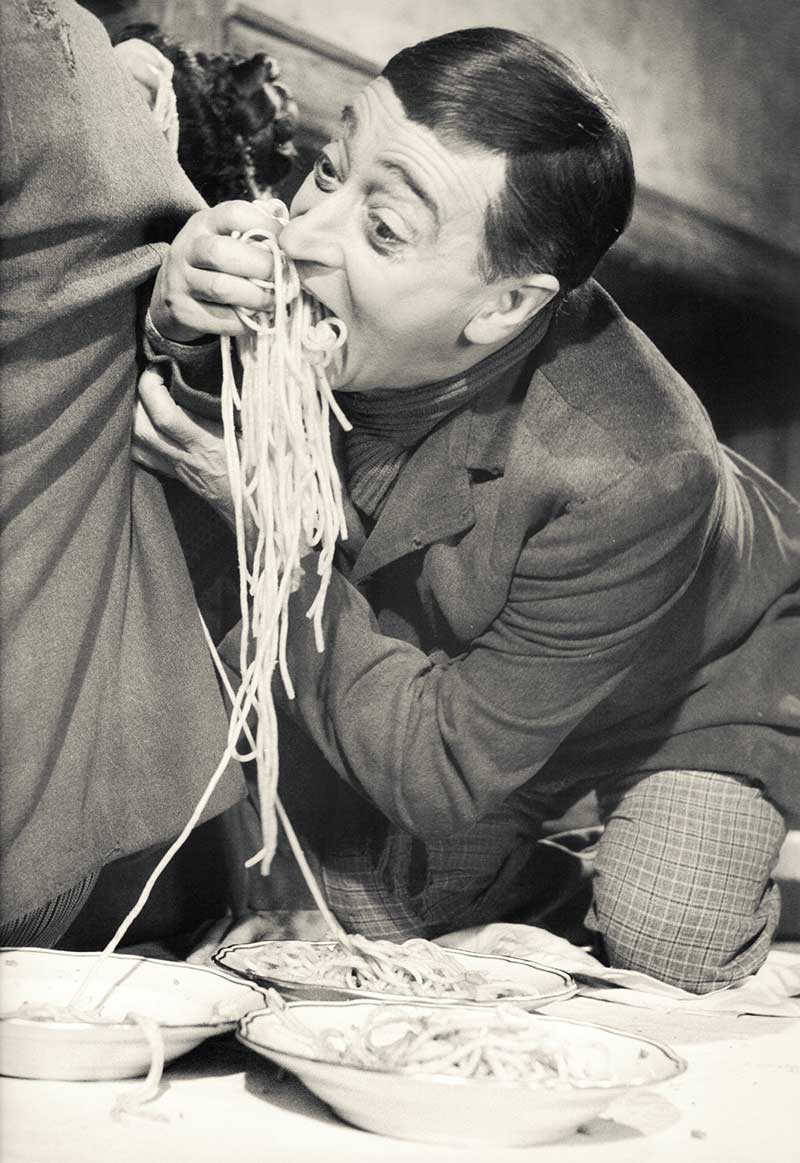
What if Totò spoke as he ate these pasta?
Let’s move to the positive expression, “baciato dalla fortuna” (kissed by luck). Once more, it comes from ancient Greece. There, fortune was embodied by Tyche, a marine deity and therefore, like the sea, it was considered unpredictable.
“Tu sei il mio mentore” (you are my mentor) means we consider someone our “trusted advisor, our wise master.” Let’s go back to Homer and his Odyssey: when Ulysses left Ithaca to go to war in Troy, he entrusted his young son Telemachus to the care of Mentor, son of his dear friend Alcinus, hence our expression in Italian.
Homer contributed to widen our vocabulary also with the expression “E’ come la tela di Penelope” (it is like Penelope’s shroud). Here, we refer to a situation, a job, a matter that is never accomplished or dragged along for a long time. The origin of the expression is linked to the famous Odyssey’s episode where, to escape a forced marriage during the long absence of her husband, Penelope, Ulysses’s wife, promised she would have married again only after finishing weaving a shroud. To keep faithful to her beloved, though, every night she would destroy what she had done during the day, extending endlessly her work.
Often, you may also hear Italians saying “tu sei come Priapo” (you are a Priapus). In Greek mythology, Priapus was the son of Zeus and of Aphrodite, the goddess of love. He was represented with a disproportionately large phallus, when compared to the rest of his body. This monstrosity was the result of Hera’s revenge. The goddess, jealous of Zeus and Aphrodite’s adulterous relationship, took revenge giving their child a huge phallus. The cult of Priapus is associated with the agricultural world and with fertility and the expression usually refers to a man who is very active sexually and quite fiery under the sheets.
When Italians are nervous or angry, they often exclaims “ho un diavolo per capello” (“I have devils instead of hair). It is a disturbing scene, that’s true, but how much culture is behind this manner of speaking? A lot.
The expression may derive from Medusa, one of the three Gorgons according to Greek mythology. The Gorgons were believed to have the power to petrify anyone who met their gaze. What does Medusa’s hair have to do with it? The Gorgon is depicted with a tangle of poisonous snakes, punishment inflicted by the goddess Athena for having been intimate with Poseidon.
In conclusion, do Italians really speak the same way they eat? It seems so. Like sweet drops of rum liqueur poured into cake batter, these idioms enrich and embellish a phrase. The result is a simple batter that smells of culture and tradition!







